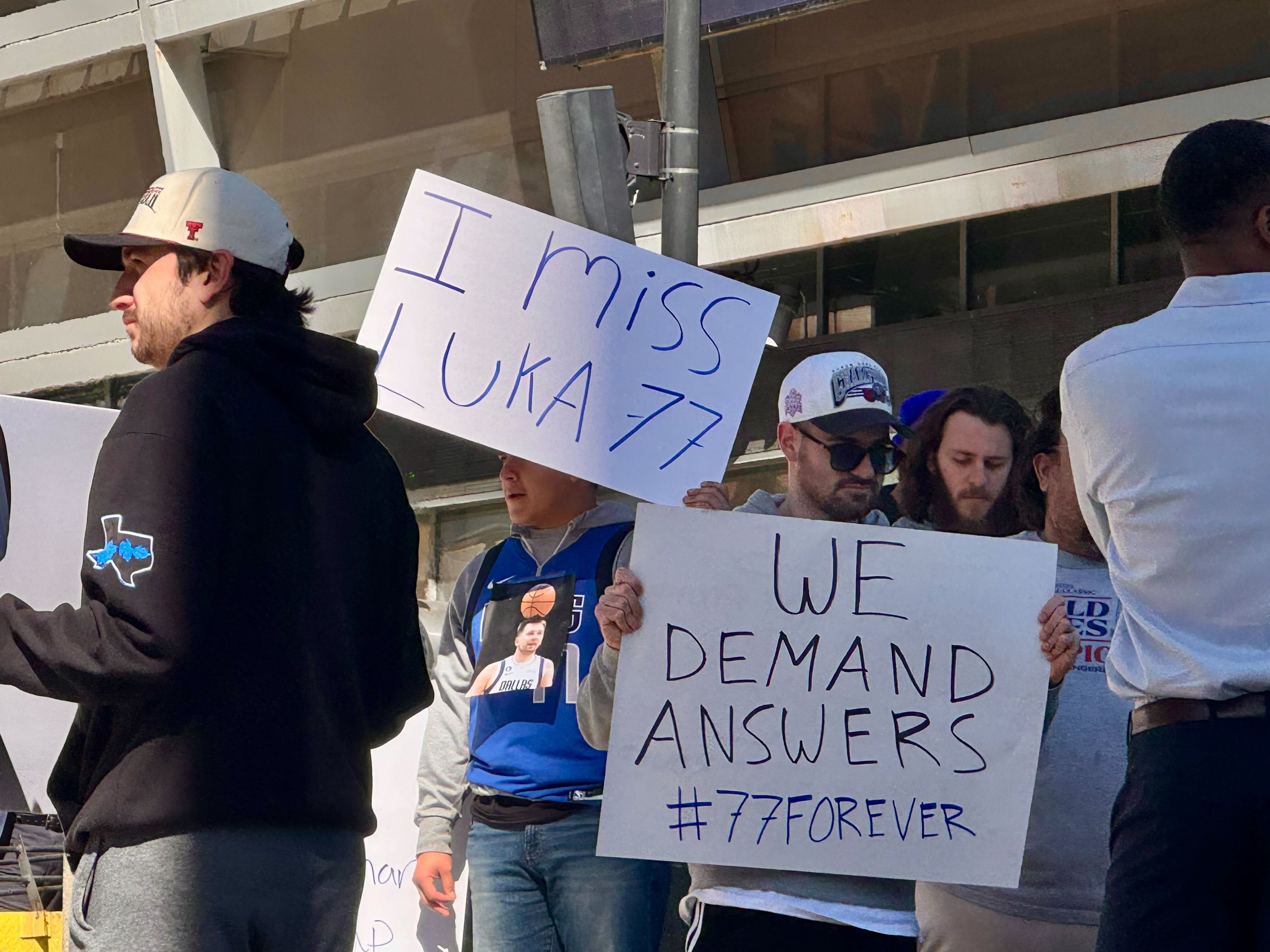Concerns continue over norovirus during the winter months. NBC 5’s Alanna Quillen has the details.
Health officials are raising alarms about a significant increase in norovirus cases nationwide, including here in North Texas.
The highly contagious virus has been spreading since the holiday season and has intensified with children returning to school and many people returning to the office, sending some individuals to emergency rooms.
Watch NBC 5 free wherever you are
While norovirus is a common virus every winter season and can be a problem on cruise ships, there are upticks in spread this year, with multiple outbreaks reported across the country. Outbreaks are even being reported in evacuation shelters amid the Los Angeles wildfires.
Described by many as the "worst stomach bug" they've experienced, norovirus causes intense symptoms such as stomach pain, nausea, vomiting, and diarrhea. Severe dehydration, often the result of these prolonged symptoms, is a major concern for doctors.
Get top local stories in DFW delivered to you every morning with NBC DFW's News Headlines newsletter.
Karen May, a Burleson resident and educator, knows firsthand how debilitating norovirus can be. After initially experiencing headaches and nausea in mid-December, her condition worsened over the holidays.
“I was violently ill,” May recalled. “I even remember posting on Facebook at 3 a.m., asking for prayers because I didn’t know what was going on. It was just so, so bad.”
Unable to keep food or fluids down, May eventually sought care at an emergency room, where she was treated with IV fluids and medications. Doctors confirmed the norovirus and said she was severely dehydrated.
Local
The latest news from around North Texas.
“I did get a CT scan as well, showing my organs were inflamed. I guess they were just very angry inside because of everything happening,” she said.
Though her symptoms eventually subsided, the experience caused her to miss the start of the school semester. She was sick with norovirus for nearly three weeks.
Dr. Joseph Chang, Chief Medical Officer at Parkland Health, emphasizes the importance of seeking medical attention if you cannot keep fluids down for 12 to 24 hours to avoid serious complications from dehydration.
"One of the things that folks don't probably think about or know about nausea and vomiting is it's actually a vicious cycle,” he explained. “The more you lose liquid, the more your electrolytes in your bloodstream get messed up. Once they get messed up, it causes more nausea and vomiting. So it's just this crazy cycle that keeps going."
Norovirus symptoms typically appear quickly and can last up to three days or longer. In severe cases like May’s, it can last for weeks.
While the virus often resolves on its own, its contagious nature poses a significant risk to others. Experts say a person can remain contagious for up to three days after symptoms disappear and it can remain in bodily fluids for up to two weeks.
Additionally, norovirus can be caught again even after you’ve had it.
"This is not like some of our respiratory viruses, when either you have natural immunity or vaccine immunity. You can certainly catch this one over and over,” said Dr. Chang.
Preventing the Spread
Washing hands often with soap and water for at least 20 seconds is the best way to prevent contamination, especially before eating or touching your face.
“Wash your hands, please. This is just one of those things. I don't know how many times I said it during the COVID pandemic, but for this one, it’s even more serious,” said Dr. Chang.
According to the Centers for Disease Control & Prevention, hand sanitizers are not effective against the norovirus.
"Unfortunately, norovirus is one of those viruses that have a little bit of a hard shell, almost kind of like an acorn or something. And so it's a little more resistant than other viruses to things like hand sanitizer and disinfectant,” said Dr. Chang. “It kind of sticks around on surfaces. That's mainly where folks get this, it's going to be contaminated surfaces."
Noroviruses are also relatively resistant to heat and can survive temperatures as high as 145°F. Quick steaming processes will not heat foods enough to kill noroviruses.
If you are sick or think you are sick, the CDC stresses that you do not prepare, handle food, or care for others. Wait at least two days after symptoms stop. This is important if you work in a restaurant, school, daycare, long-term care facility, or other places where you may expose people to norovirus, officials say.
As a healthy adult, May says her experience has heightened her concern for children and the elderly, who are most vulnerable to norovirus.
"Just be aware of what's going on with your body and silence your body," she said. "Take care of yourself and when you think that you're even a little bit better, just rest. Don't keep trying to do more. It's not going to help anything."




